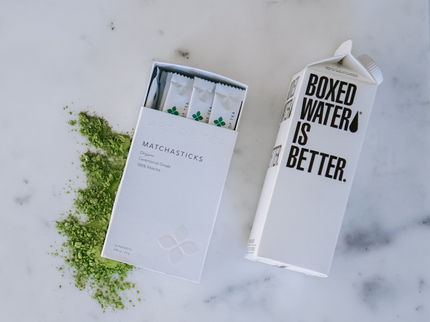The Great British tea and biscuits revolution
Advertisement
British consumers are famous for their love of tea and biscuits, with debates over the most “dunkable” biscuits sparking controversy and outrage only second to discussions about football, Brexit and weather. But while a cup of black tea has long been a staple of British life, this is changing as the next generation matures. Young Brits are failing to live up to national stereotypes and are slowly but surely falling out of love with tea. For example, while about half of over-55s in the UK drink standard black tea more than once a day, only 20% of 16 to 34-year-olds do the same. Many are turning to other tea styles instead, such as specialty, fruit and green tea, but not in significant enough quantities to counteract the decline of black tea.
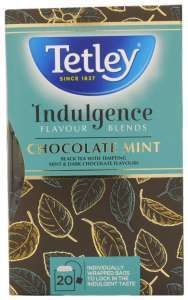
Tetley Indulgence Flavour Blends Chocolate Mint Tea is described as black tea with tempting mint and dark chocolate flavours.
Mintel
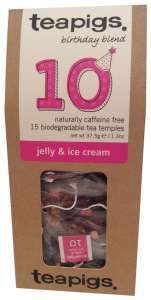
Teapigs Jelly & Ice Cream Tea has been introduced to celebrate the manufacturer’s tenth birthday. This naturally caffeine-free tea includes strawberry and vanilla pieces, as well as natural cream and biscuit flavouring.
Mintel
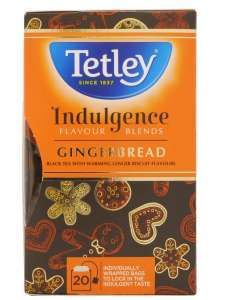
Tetley Indulgence Flavour Blends Gingerbread Tea is described as black tea with warming ginger biscuit flavours.
Mintel
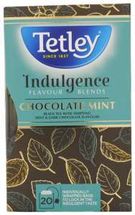
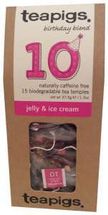
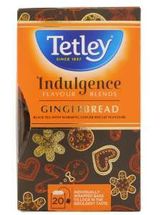
This suggests that manufacturers should be attempting to adapt standard black tea to the demands of younger generations, with indulgent flavours likely to appeal to an audience open to experimentation. In fact, a quarter of tea drinkers aged 16 to 34 are interested in trying dessert-flavoured teas, compared to just 5% of over-55s. That’s where the historic relationship between tea and biscuits offers opportunities.
Biscuits represent a natural fit for tea
Yorkshire Tea has launched a new biscuit-flavoured brew in the UK which claims to offer “the happiness of tea and biscuits without the biscuits”. The tea combines the standard Yorkshire Tea blend with Assam to offer a “smattering of malty sweetness for a satisfying treat”. While indulgent flavour innovation has become a feature of the UK tea market, Yorkshire Tea has attempted to move it into a more familiar area by incorporating biscuit flavours into its brew. This represents a good fit for the category given the long association between tea and biscuits in the UK, and could allow the brand to reinvigorate its portfolio without jeopardising its traditional image.
In fact, one third of biscuit consumers in the UK eat biscuits as an accompaniment to tea, ranking it as the third most popular occasion behind ‘snacking’ and ‘when drinking coffee’. This highlights a large potential audience for teas that can blend these flavours into brews, particularly consumers looking to moderate their biscuit consumption. Sales of sweet biscuits have so far been insulated from concerns over sugar, but as scrutiny continues, many consumers will be receptive to teas that can provide a biscuity flavour without the downsides. Moreover, 49% of UK tea drinkers view flavoured teas as a good alternative to sugary drinks, highlighting further opportunities to position tea as an indulgent yet healthy treat.



